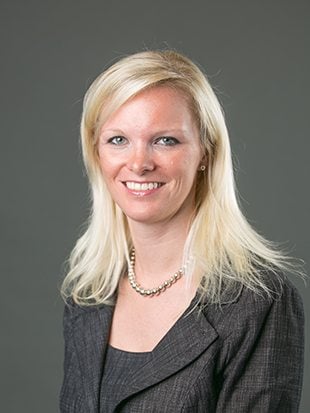Leadership Lessons for Small Businesses: Do the Hard Things First


Walk into any Barnes & Noble, or if you’re like most of the device-obsessed people I know – including me – search on a Kindle, and you’ll find entire sections of books on leadership. There are volumes out there on setting the best example and building meaningful relationships. So it’s the third rule that I want to explore further: what does it mean to leaders to do the hard things first?
Sharron, a small title insurance business co-owner from New York, explains it this way, “I’ve made a lot of relationships in this business through the years. It’s always easier to call upon friends and colleagues already in your network. But when we wanted to grow our business we knew we had to reach out to a broader network and really be ambassadors for the company.” So every week Sharron and her partner set a goal to do 10 cold calls or visits with potential new clients before reaching out to existing ones. “We made it our motto to do the hard things first. Then when the tougher visits are done, the familiar ones are that much more rewarding.”
It’s a great lesson in personal leadership no matter what your business. Progress is made when you enable yourself to break out of stagnant routines, do the hard things first and let the easier tasks feel like the rewards you’ve rightfully earned.
Beatriz, a dentist and founder of a nonprofit from Philadelphia relates, “When starting out in the dental profession, it is easier to work in an established practice with a staff already in place, a set schedule of appointments and not have to worry about things like production, collection and accounts receivable and marketing to attract new patients,” she says. But last year Beatriz decided to start fresh. Now she had to open a practice from scratch, with minimal staff – just one assistant and one hygienist. “I found a unique neighborhood space that used to be an art gallery and made it my new office, hoping that my past patients would find it, and new patients would come.”
But as any small business owner knows, following a great dream isn’t always easy and challenges arose. “Suddenly I was faced with the challenges of filling the schedule, answering the phone and making sure that enough money was collected to cover all my new expenses ― construction costs, new equipment, payroll, office supplies. I tried to do it all,” Beatriz says. “But doing those hard things first like answering calls, handling the finances and leading by example enabled me to surround myself with good, hard-working staff that also invests themselves in our success. We now share common goals and can enjoy the journey. My phone is always ringing now with patients calling for appointments.”
At the Institute for Strategic Leadership, we work with leaders from all over the globe to understand both the art and the science of great leadership. Drexel’s evidence-based, hands-on approach to leadership is continuously tested and improved upon in order to generate results for businesses and nonprofits operating in fast-paced dynamic environments. That means we learn by doing. Many times, it’s by doing the hard things first.
Alison Young is the executive director of Drexel University’s Institute for Strategic Leadership at LeBow College of Business. She is a former White House official and nationally recognized expert on leadership and civic engagement. Alison can be reached via email [email protected].